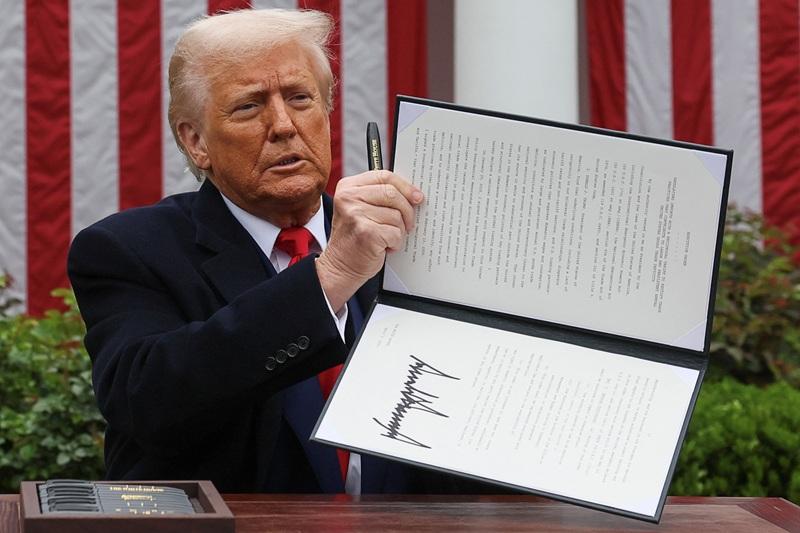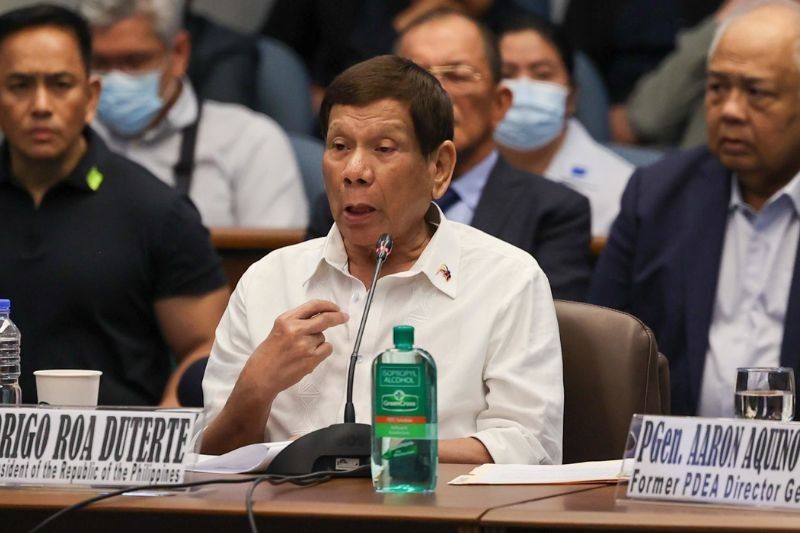Trump Claims US Plans to Control Gaza Strip
Palestinian leaders, including Mahmud Abbas and Hamas, strongly rejected former U.S. President Donald Trump's proposal to "clean out" Gaza by relocating its residents to neighboring countries like Egypt and Jordan. They vowed to resist any plans for forced displacement, with the Arab League and other regional leaders also condemning the idea as ethnic cleansing. The proposal comes amid ongoing tensions, hostage-prisoner swaps, and a fragile truce between Israel and Hamas.

Former U.S. President Donald Trump has stirred significant controversy with his recent suggestion that the United States should "clean out" Gaza and potentially assume control over the territory. This proposal, which also included discussions with Jordan and Egypt about relocating Palestinians from Gaza, has been met with fierce opposition from Palestinian leaders, regional powers, and the international community.
The idea has further complicated the already tense situation in the region, where a fragile truce and ongoing disputes over hostage-prisoner swaps between Israel and Hamas continue to dominate the landscape. Trump’s remarks, made during a public address, have drawn sharp criticism from Palestinian President Mahmud Abbas and Hamas, both of whom have vehemently rejected the proposal. Abbas described the suggestion as a blatant violation of Palestinian rights and sovereignty, while Hamas condemned it as an attempt to undermine the Palestinian cause. Both leaders vowed to resist any efforts to forcibly displace Palestinians from Gaza, emphasizing their commitment to defending their land and people.
The Arab League, along with Jordan and Egypt, has also expressed strong opposition to Trump’s proposal, labeling it as a form of ethnic cleansing and a dangerous escalation that could destabilize the region further. These nations have reiterated their support for a two-state solution and the establishment of an independent Palestinian state, rejecting any plans that involve the displacement of Palestinians or foreign control over Gaza. The international community has echoed these concerns, with many countries and organizations calling for a peaceful resolution to the conflict that respects the rights and aspirations of both Palestinians and Israelis.
The timing of Trump’s proposal is particularly sensitive, as the region grapples with the aftermath of a devastating conflict that has displaced nearly all of Gaza’s 2.4 million residents. According to Gaza’s health ministry, over 47,000 Palestinians have been killed since October 2023, with countless others injured or left homeless. The humanitarian crisis in Gaza has reached catastrophic levels, with widespread shortages of food, water, and medical supplies exacerbating the suffering of civilians.
Despite the strong backlash, Trump’s proposal has found some support among certain Israeli officials, who view it as a potential solution to the ongoing security challenges posed by Hamas and other militant groups in Gaza. However, even within Israel, the idea has sparked debate, with critics warning that such a move could lead to further violence and instability, both in Gaza and across the region.
The conflict between Israel and Hamas remains fraught with complexity, with no clear path to peace in sight. The fragile truce that has been in place is under constant strain, as both sides struggle to reach agreements on hostage-prisoner swaps and other contentious issues. The international community continues to call for a ceasefire and a return to negotiations, but the deep-rooted mistrust and animosity between the parties make progress difficult.
Trump’s proposal has added a new layer of tension to an already volatile situation, highlighting the challenges of finding a sustainable and just resolution to the Israeli-Palestinian conflict. As the region grapples with the humanitarian and political fallout of the war, the need for dialogue, diplomacy, and a commitment to peace has never been more urgent. The international community must work together to address the root causes of the conflict and support efforts to achieve a lasting solution that ensures the rights and security of all parties involved.
What's Your Reaction?












/https://tf-cmsv2-smithsonianmag-media.s3.amazonaws.com/filer_public/54/66/546650fa-26a4-40fd-8d6d-5a7a04540f81/rosetta2.png)
:max_bytes(150000):strip_icc():focal(999x0:1001x2)/robert-prevost-050825-1-39395418ab494da5a3a700c9478e66c8.jpg)















































format(webp))
format(webp))


























